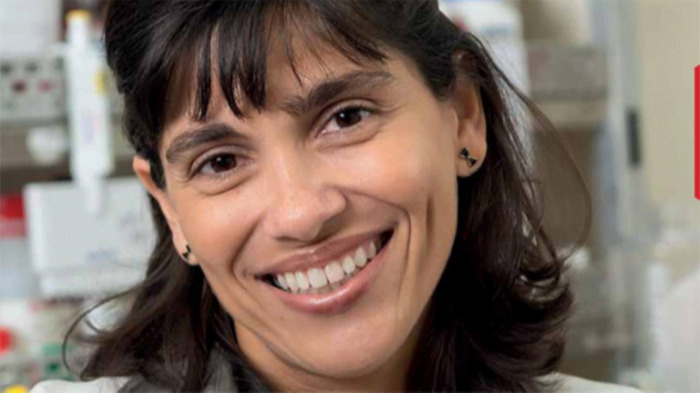
Dr. Tania Crombet, director of Clinical Research at the Center for Molecular Immunology.
Havana, November 2 (RHC)--Cuban President Miguel Díaz-Canel Bermúdez hailed Tuesday the election of Dr. Tania Crombet, director of Clinical Research at the CIM, as a member of the World Academy of Sciences (TWAS).
"This worldwide recognition to Dr. Tania Crombet confirms the prestige of the Sciences in Cuba, honors her endearing surname, and rewards her consecration," Diaz-Canel wrote on Twitter.
The Caribbean island's Center for Molecular Immunology (CIM) reported on Monday that Crombet will be part of TWAS for the advancement of science in developing countries, effective January 1, 2022.
Since 2020, the scientist was also one of the eight Cuban academics selected for the International Panel of experts as Advisory Group for the confrontation of Covid-19 in the world.
The expert has participated in the research, development, and clinical trials of some of Cuba's most innovative therapies and vaccines, including CIMAvax-EGF developed for non-small cell lung in cancer patients.
In 2015, this therapy completed Phase IV clinical trials in Cuba and is now being used in primary health care.
The World Academy of Sciences (TWAS) is an autonomous international organization founded in Trieste, Italy, in 1983 by a distinguished group of scientists under the leadership of the late Nobel laureate Abdus Salam of Pakistan. It was officially launched in 1985.
TWAS currently has 584 members: 478 Fellows from 61 southern countries and 106 Associate Fellows from 14 northern countries.
A Council, elected every three years by the membership, is responsible for overseeing all affairs of the Academy.
More than two thousand scientists worldwide, including TWAS members, provide free peer review of proposals for research grants, fellowships and awards submitted to the Academy by scientists and institutions from developing countries.

